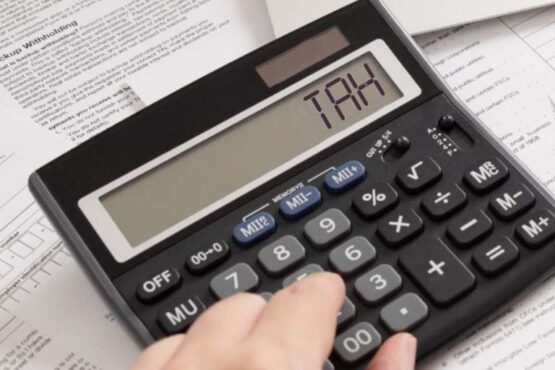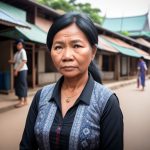Cambodia’s allure as a retirement haven for British expatriates lies in its low cost of living and rich cultural tapestry. However, the journey to a financially stable and worry-free retirement in this Southeast Asian gem requires careful consideration of the tax landscape. This narrative will guide you through the intricacies of the Cambodian tax system, ensuring you are well-informed and prepared to navigate the fiscal waters of your new home.
Setting the Stage: Residency Requirements
Before diving into the tax implications, it’s crucial to understand what makes you a tax resident of Cambodia. The tax authorities scrutinize three key elements to establish your residency status:
1. Physical Presence: The duration of your stay in the country plays a significant role. Typically, if you spend more than 182 days in a tax year within Cambodian borders, you may be deemed a tax resident.
2. Economic Ties: Strong connections such as employment, income generation, or owning a business or property in the country can also categorize you as a tax resident.
3. Intention to Reside: The government will look into whether you intend to settle down in Cambodia permanently, which is reflected in your actions and plans for the foreseeable future.
The plot thickens when you satisfy these conditions, as you become subject to the local income tax regime.
The Income Tax Chronicles
In the realm of taxable income, Cambodia consolidates earnings from various sources such as employment, rental properties, and investments into one comprehensive category. The tax rates here are progressive, akin to a thriller novel where the suspense builds with each ascending income bracket.
The tale of taxable income is not all gloom and doom, though. There are twists and turns in the form of deductions and exemptions. Personal allowances, medical expenses, and charitable contributions are but a few of the plot devices that can reduce the amount of income subject to taxation.
The Saga of Foreign Income
Now, let’s embark on the epic saga of foreign income. If your retirement includes a foreign pension, the UK and Cambodia have a Double Taxation Avoidance Agreement (DTAA) that serves as a shield to protect you from the dragon of double taxation. This pact allows you to claim tax credits or deductions, so you’re not taxed twice on the same income.
Should you decide to bring your wealth in the form of property or investments, beware the capital gains tax that lurks in the shadows of real estate transactions and the trading of shares and securities. The exact tax rates may vary depending on the context, keeping you on your toes as you manage your assets.
The Property Tax Drama
Owning property in Cambodia is akin to starring in your own homeownership drama. You may be subject to property tax, with the rates fluctuating based on the location and nature of your real estate. The plot twists with the different tax rates for residential, commercial, and agricultural lands, so it’s vital to understand the genre of your property to avoid any unexpected climaxes.
Tax-Efficient Retirement: The Sequel
To ensure your retirement is a box-office hit, heed these tips:
1. Consult a Tax Professional: Engage with a local tax advisor who is well-versed in the art of taxation. This sage character will guide you through the complex narrative of Cambodian tax laws, ensuring compliance and optimizing your tax situation.
2. Keep Detailed Records: Like a well-crafted screenplay, your financial records should be meticulously organized, detailing every income and expense. These documents will serve as your script when the time comes to file your taxes.
3. Unravel the Mysteries of the DTAA: Familiarize yourself with the UK-Cambodia tax treaty. Knowing the fine print can lead to surprising plot twists, potentially reducing your tax burden.
4. Obtain a Tax Residency Certificate: This document, akin to a golden ticket, provides evidence of your tax status. It’s a powerful tool that can help you claim the benefits of the DTAA and avoid double taxation.
The Encore: Conclusion
In the grand finale, understanding and preparing for the tax implications of retiring in Cambodia is akin to mastering the art of storytelling. By weaving the threads of knowledge into your financial planning, you can write your own success story. With the guidance of tax professionals, careful record-keeping, and a deep comprehension of the DTAA, you’ll be ready to take a bow to a standing ovation of financial security and peace of mind.
Embark on this new chapter with confidence, knowing that you are equipped with the tools to navigate the tax system and enjoy the vibrant culture and tranquil lifestyle that Cambodia has to offer. Your retirement story in this enchanting land is ready to unfold, and with the right approach to taxes, it’s bound to be a blockbuster.
Related posts:

Ray Brocklesby, the site owner, is a Brit who now lives in the Philippines. He is retired and lives with his wife Weng, Daughter Kristelle, nephews, Harvey and Boknoy, and mother-in-law. Ray also has a son and daughter living in the UK, and a son in New Zealand.













